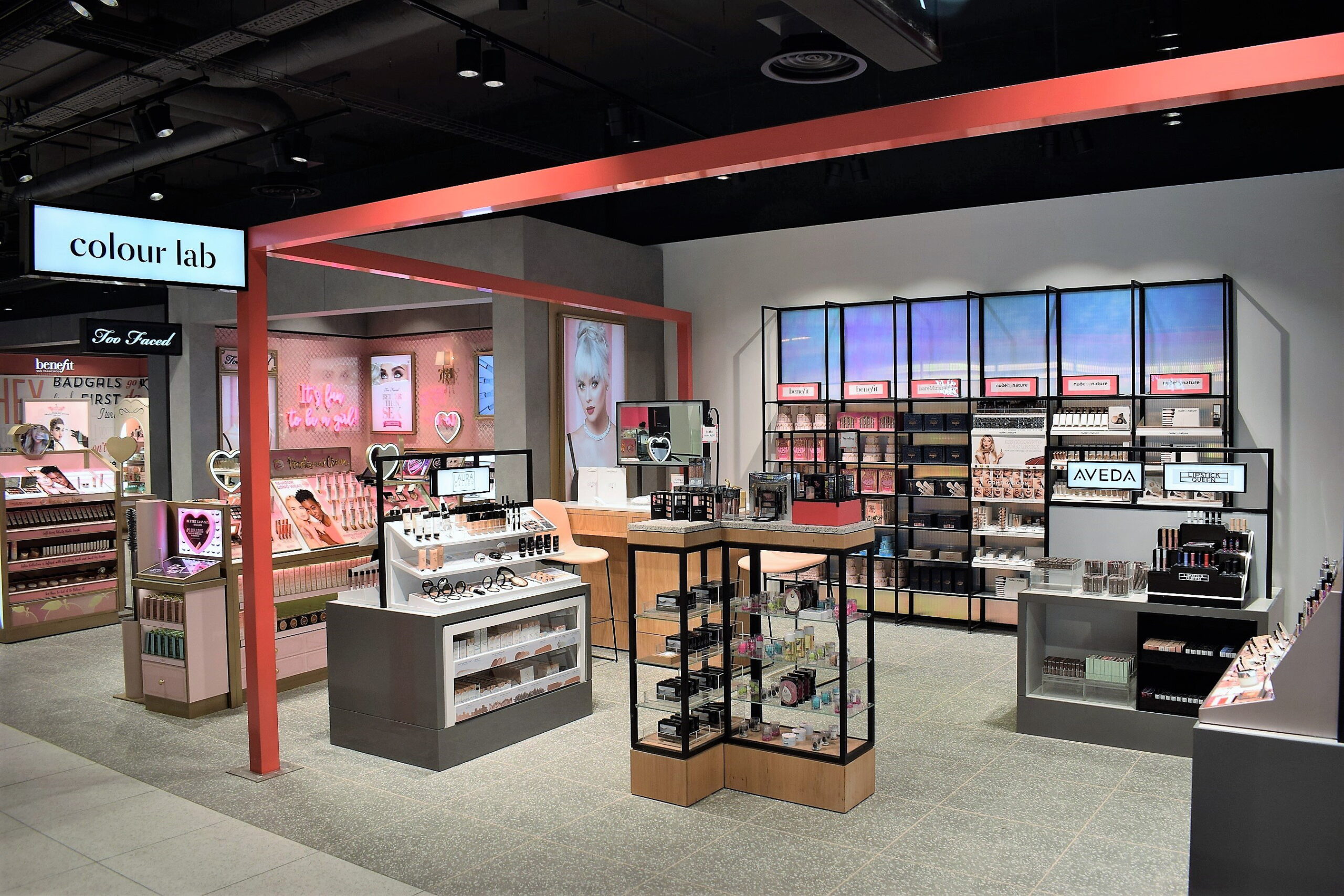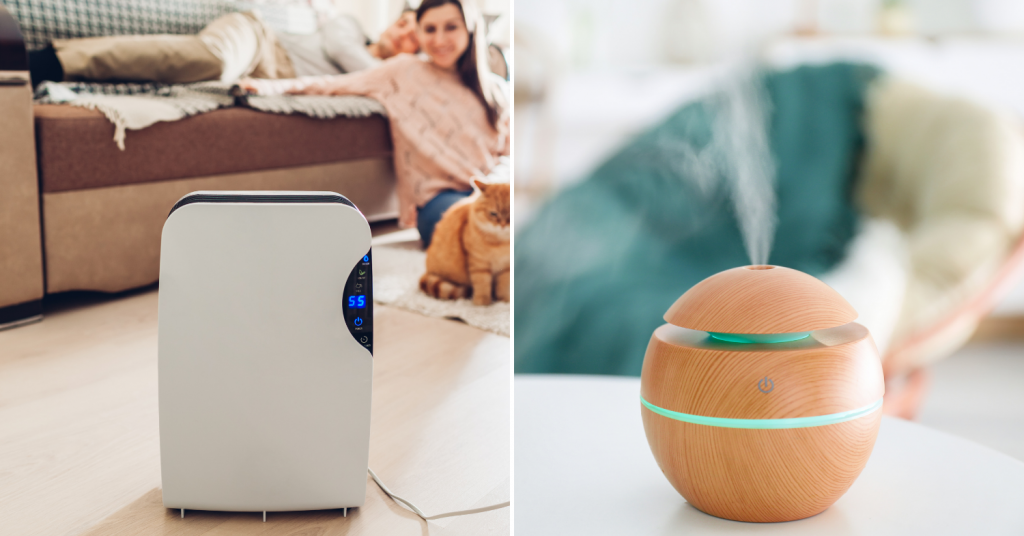Concept of Debenhams
Debenhams was a department store chain that offered a wide range of products including clothing, beauty, homeware, furniture, and electricals. The company’s concept was to provide customers with a convenient and enjoyable shopping experience by offering a broad range of quality products at affordable prices.
Debenhams aimed to differentiate itself from its competitors by offering exclusive products, collaborating with designers and brands, and investing in its in-house product ranges. The company also offered a range of services such as personal shopping, beauty treatments, and click-and-collect options to enhance the customer experience.
Debenhams was known for its strong focus on customer service, and its stores were designed to be welcoming and easy to navigate. The company’s concept was to provide customers with a one-stop shop for all their shopping needs, offering a wide variety of products in a convenient and accessible way.
History and its Evolution
Debenhams has a long and rich history that dates back to 1778 when it was founded as a drapers store in London by William Clark. The company was later renamed Clark & Debenham when William Debenham joined the business in 1813. The company continued to grow and expand over the years, opening its first department store in 1905 and going public in 1928.
Throughout the 20th century, Debenhams continued to expand its retail footprint, opening new stores across the UK and Ireland. The company also developed a reputation for its strong focus on customer service and its commitment to quality and affordability.
In the 1990s and 2000s, Debenhams underwent a period of significant change, with the company moving away from its traditional department store model and embracing new technologies and retail formats. This included the launch of its online store in 1998 and the development of its Designers at Debenhams range in 1993, which saw the company collaborate with high-end fashion designers to create exclusive product ranges.
In the early 2010s, Debenhams faced increasing competition from online retailers and discount department stores, and the company struggled to maintain its market position. The company attempted to reinvent itself with a series of new initiatives, including the launch of its Beauty Hall of Fame and the introduction of new store formats, but these efforts were not enough to save the business.
In 2020, Debenhams entered administration and began closing stores as part of a restructuring plan. The company was eventually sold to a consortium of buyers, and the remaining stores were closed in 2021. The Debenhams brand was acquired by online fashion retailer Boohoo, which now operates the brand as an online-only retailer.
Portfolio Of Products and services
Debenhams offered a wide range of products and services across various categories, including:
- Clothing: Debenhams offered a broad range of men’s, women’s, and children’s clothing, including formal wear, casual wear, and sportswear. The company also had an extensive selection of accessories such as bags, shoes, and jewelry.
- Beauty: Debenhams had a comprehensive beauty department, featuring products from leading brands across makeup, skincare, fragrance, and hair care.
- Homeware: Debenhams offered a range of homeware products, including bedding, curtains, kitchenware, and furniture. The company also had an extensive selection of home accessories such as lighting, rugs, and wall art.
- Electricals: Debenhams sold a range of electrical products, including kitchen appliances, TVs, laptops, and smartphones.
- Gifts: Debenhams had a dedicated gifts department, featuring products for various occasions such as birthdays, weddings, and anniversaries.
In addition to its product offerings, Debenhams also provided a range of services to enhance the customer experience. These included:
- Personal shopping: Debenhams offered a personal shopping service, where customers could receive expert advice and assistance in selecting the right products for their needs.
- Beauty treatments: The company had a range of beauty services, including makeup and beauty treatments, available in-store.
- Click-and-collect: Customers could order products online and collect them in-store, providing a convenient and flexible shopping experience.
- Delivery and returns: Debenhams offered a range of delivery options and easy returns policies to ensure customer satisfaction.
Debenhams’ marketing and branding strategy
Debenhams’ marketing and branding strategy aimed to position the company as a destination for affordable and stylish products, with a focus on customer service and a broad product range. Here are some key elements of Debenhams’ marketing and branding strategy:
- Collaborations with designers and brands: Debenhams collaborated with high-end fashion designers and brands to create exclusive product ranges, such as the Designers at Debenhams collection. This helped the company differentiate itself from competitors and appeal to fashion-conscious consumers.
- Advertising campaigns: Debenhams launched various advertising campaigns to promote its brand and products, often featuring high-profile models and celebrities. The campaigns aimed to showcase the company’s fashion credentials, affordability, and focus on customer service.
- Loyalty programs: Debenhams had a loyalty program called Beauty Club, which offered members exclusive perks such as free beauty treatments, product samples, and early access to sales. The program aimed to incentivize customers to shop at Debenhams and increase their lifetime value.
- In-store experiences: Debenhams invested in enhancing the in-store shopping experience, with services such as personal shopping, beauty treatments, and click-and-collect. This helped the company attract and retain customers who valued personalized service and convenience.
- Digital marketing: Debenhams had a strong online presence, with a website that offered a broad product range, easy navigation, and multiple delivery and returns options. The company also used social media and email marketing to promote its products and engage with customers.
Overall, Debenhams’ marketing and branding strategy focused on delivering affordable and stylish products while also offering excellent customer service and personalized experiences. However, the company faced increasing competition from online retailers and discount department stores, which challenged its position in the market and ultimately led to its closure.
Debenhams’ customer service and shopping experience
Debenhams was known for delivering exceptional customer service and offering a personalized shopping experience. Here are some key elements of Debenhams’ customer service and shopping experience:
- Personal shopping: Debenhams offered a personal shopping service, where customers could receive expert advice and assistance in selecting the right products for their needs. This service was free of charge and available for customers of all ages and sizes.
- Beauty treatments: Debenhams had a range of beauty services, including makeup and beauty treatments, available in-store. Customers could book appointments with trained beauty therapists and receive personalized recommendations for their skincare and makeup needs.
- Click-and-collect: Debenhams offered a click-and-collect service, where customers could order products online and collect them in-store. This provided a convenient and flexible shopping experience, allowing customers to avoid delivery fees and wait times.
- Delivery and returns: Debenhams offered a range of delivery options, including standard delivery, next-day delivery, and nominated-day delivery. The company also had an easy returns policy, allowing customers to return products within 28 days of purchase.
- In-store experiences: Debenhams invested in enhancing the in-store shopping experience, with services such as interactive displays, product demonstrations, and events. The company also had a range of in-store amenities, such as cafes and restaurants, to make shopping more enjoyable and relaxing.
- Customer service team: Debenhams had a dedicated customer service team, available via phone, email, or live chat, to assist customers with any queries or issues they may have had. The team was trained to provide friendly and efficient service, resolving customer complaints and inquiries promptly.
Overall, Debenhams’ customer service and shopping experience aimed to provide customers with a personalized and enjoyable experience, making shopping at Debenhams a more memorable and satisfying experience. However, the company faced increasing competition from online retailers, which challenged its ability to offer a differentiated shopping experience and ultimately contributed to its decline.

















